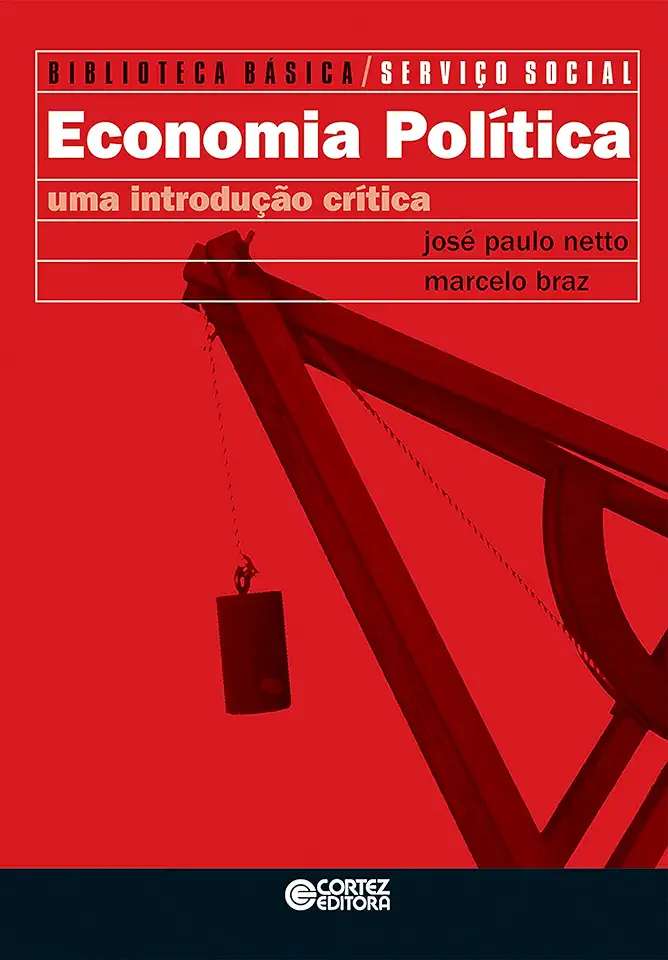
Political Economy - A Critical Introduction - José Paulo Netto / Marcelo Braz
Political Economy - A Critical Introduction: Unraveling the Complexities of Economic Systems
In a world grappling with economic disparities, political instability, and environmental crises, understanding the intricate relationship between politics and economics is of paramount importance. "Political Economy - A Critical Introduction" by José Paulo Netto and Marcelo Braz offers a comprehensive and thought-provoking exploration of this dynamic field, providing readers with a critical lens to analyze the interplay of power, ideology, and economic structures.
Understanding the Foundations of Political Economy
Political economy delves into the profound influence of political institutions, policies, and power dynamics on economic outcomes. Netto and Braz begin by establishing the theoretical foundations of the discipline, tracing its evolution from classical economists like Adam Smith and David Ricardo to contemporary thinkers such as Karl Marx, John Maynard Keynes, and institutional economists. This historical context allows readers to grasp the diverse perspectives that have shaped our understanding of political economy.
Critiquing Mainstream Economic Theories
The book challenges conventional economic theories that often present a narrow and depoliticized view of the economy. Netto and Braz expose the limitations of neoclassical economics, which assumes perfect competition, rational actors, and self-regulating markets. They argue that these assumptions fail to capture the complexities of real-world economies, where power imbalances, institutional structures, and political interventions play a significant role.
Exploring Alternative Economic Paradigms
As an alternative to mainstream theories, the authors introduce readers to heterodox economic approaches, including Marxism, institutional economics, feminist economics, and ecological economics. These perspectives offer critical insights into the social, political, and environmental dimensions of economic activity, highlighting the need for more inclusive and sustainable economic models.
Analyzing the Role of the State in the Economy
The book examines the crucial role of the state in shaping economic outcomes. Netto and Braz discuss various forms of state intervention, from regulation and taxation to public investment and social welfare programs. They emphasize the importance of understanding the political dynamics behind these interventions and their impact on economic inequality, growth, and stability.
Addressing Contemporary Economic Challenges
The authors also address pressing contemporary economic challenges, such as globalization, financial crises, and environmental degradation. They argue that these issues cannot be adequately understood or resolved without considering the political and institutional contexts in which they are embedded.
Conclusion: Towards a More Just and Sustainable Economy
"Political Economy - A Critical Introduction" concludes by emphasizing the urgent need for a transformative approach to economics. Netto and Braz call for a reorientation of economic policies towards promoting social justice, environmental sustainability, and democratic participation. They argue that by critically examining the political economy of our societies, we can pave the way for more equitable and sustainable economic systems.
Why You Should Read This Book
"Political Economy - A Critical Introduction" is an essential resource for anyone seeking a deeper understanding of the complex relationship between politics and economics. With its rigorous analysis, insightful critiques, and thought-provoking perspectives, this book is a must-read for students, scholars, policymakers, and anyone interested in shaping a more just and sustainable economic future.